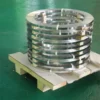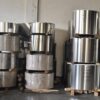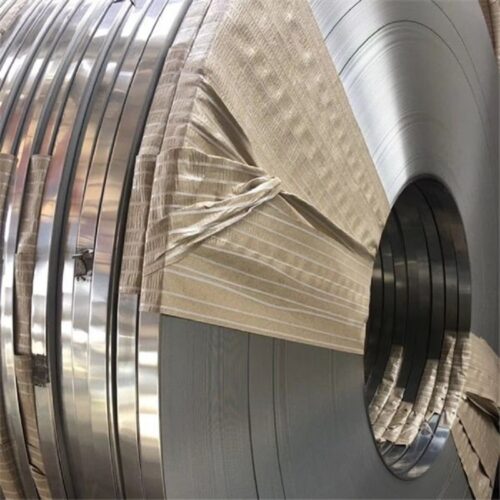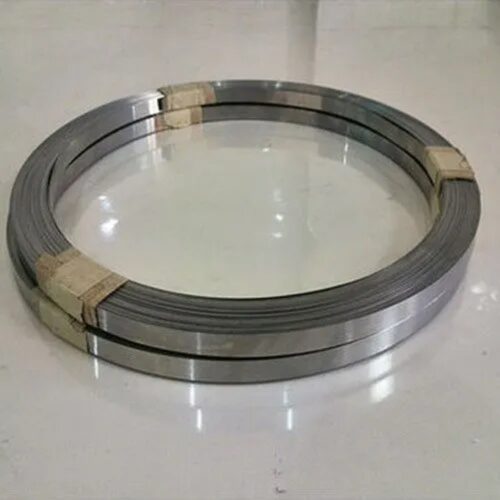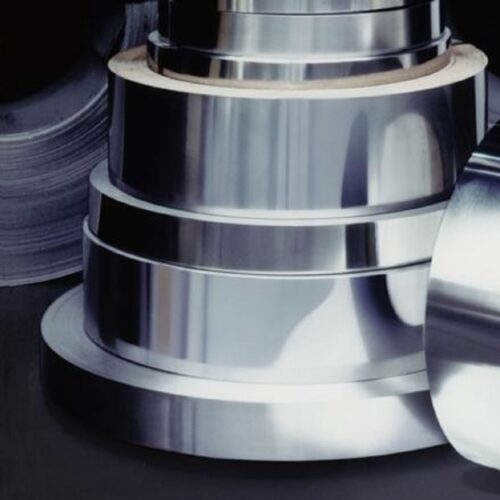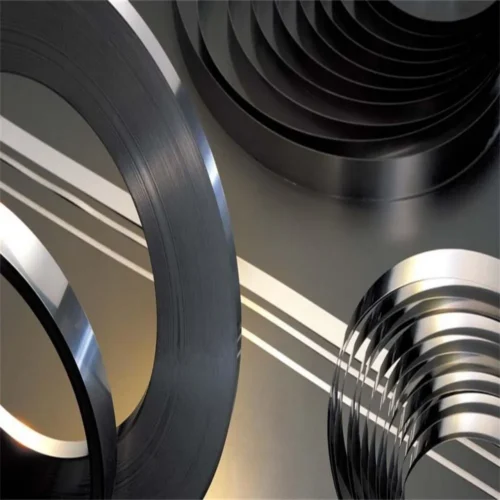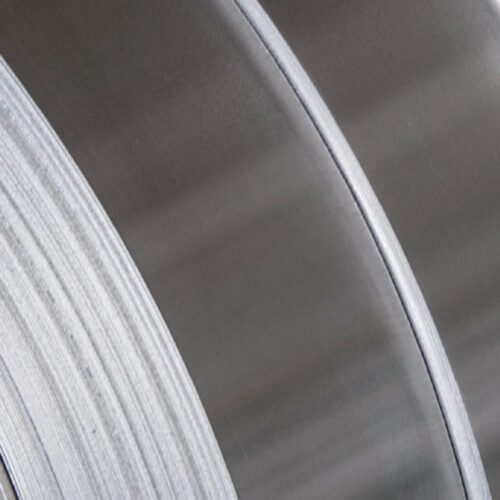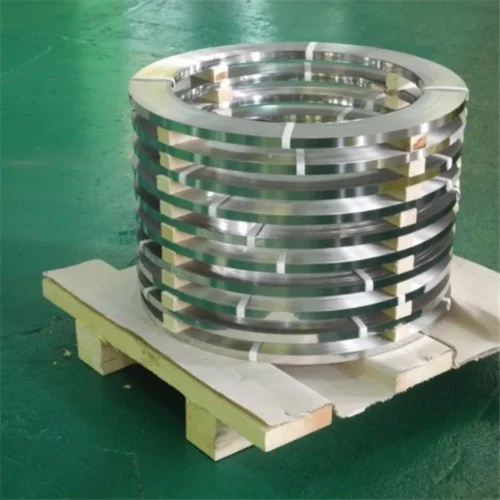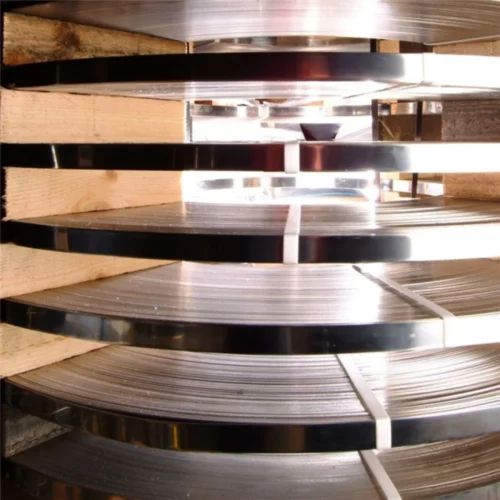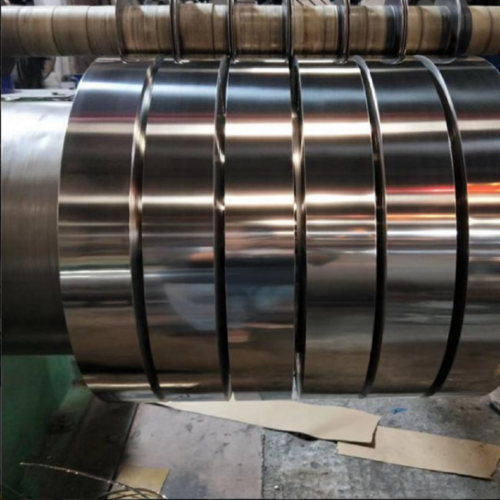Nickel 270, N02270, 2.4050, Nickel Alloy Strip
Nickel 270 is the highest purity Nickel. The controlled low impurity level provides uniform and repeatable mechanical, electrical, and magnetic properties.
The material has excellent corrosion resistance with high thermal and electrical conductivities. A high thermal coefficient of electrical resistance makes it suitable for strain gauges, temperature sensors, and electronic components.
The alloy can be formed by all conventional cold forming methods, and can be joined by resistance welding, brazing and soldering.
The corrosion resistance is generally very good in most mediums, although, it is subject to intergranular embrittlement by sulfur compounds above 315°C
Available Sizes:
Nickel 270 is available as strip product in thicknesses from 0.0005” to 0.020” (0.0127 mm to 0.508 mm) in widths up to 12.0” (304.8 mm). It is available as foil as thin as 0.000100” (0.00254 mm) in 4.0” (101.6 mm) maximum width. The material conforms to ASTM F3, and UNS N02270.
Nominal Composition
| Nickel 270 NOMINAL COMPOSITION | |
| Nickel | 99.9% |
| Manganese | 0.01% |
| Iron | 0.01% |
| Carbon | 0.01% |
Mechanical Properties
| Nickel 270 MECHANICAL PROPERTIES | ||
| ANNEALED | COLD ROLLED | |
| Ultimate Tensile Strength | 55,000 PSI | 105,000 PSI |
| Yield Strength (0.2% Offset) | 15,000 PSI | 100,000 PSI |
| Elongation in 2” * | 40% | 2% |
| Modulus of Elasticity (Tension) | 30.1 X 106 PSI | – |
| Poisson’s Ratio | 0.31 | – |
*The measured elongation will be less as thickness decreases to 0.002” and less
Physical Properties
| Nickel 270 PHYSICAL PROPERTIES | |
| Density | 0.322 lbs./cu.in. |
| Melting Point (Approx.) | 1450°C |
| Electrical Resistivity @ R.T. | 7.4 Microhm·cm |
| Temperature Coefficient of Resistivity (TCR) (0°C to 25°C) | 6000 ppm/°C |
| Thermal Expansion Coefficient (20°C to 100°C) | 14.0 X 10-6 /°C |
| Thermal Conductivity @ R.T. | 86.3 W/m·K |
| Curie Temperature | 355°C |
| DC Magnetic Properties Coercivity | 3.0 oersteds |
| DC Magnetic Properties Saturation Induction | 6050 Gauss |
| Magnetic Attraction | Yes |
| Specific Heat | 0.110 gram·cal./°C |
Typical values to guide alloy selection but are not a guarantee of minimum or maximum.


